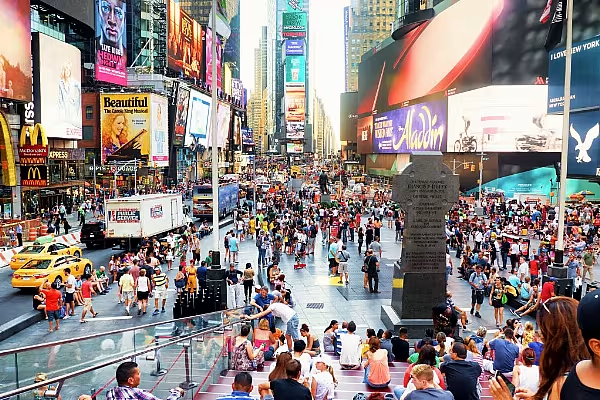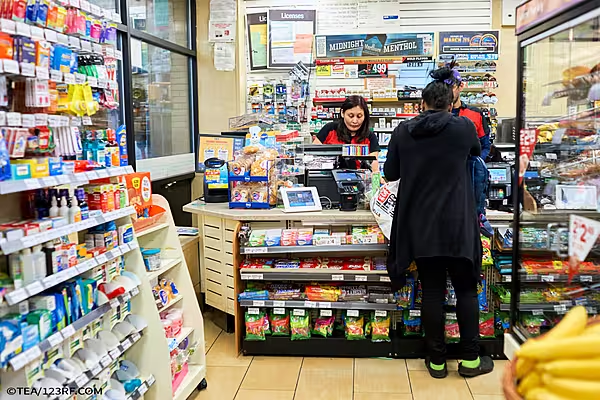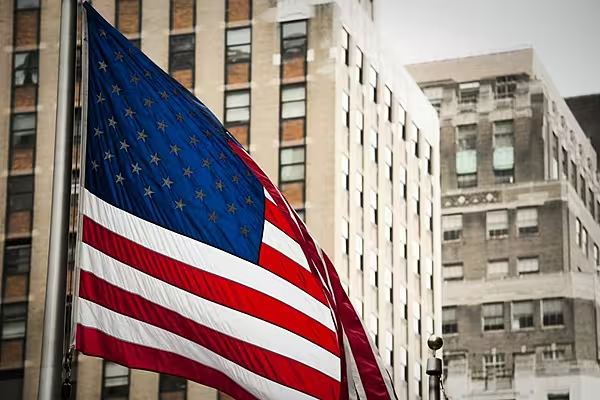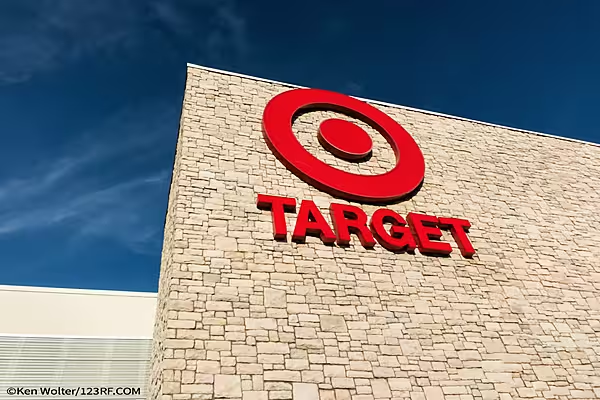U.S. consumer credit rose at its slowest pace in four months in May as Americans pulled back on credit card usage, a trend that if sustained, could hamper consumer spending amid growing recession fears.
Total consumer credit increased by $22.35 billion (€22.05 billion), the smallest since January, after rising by a downwardly revised $36.76 billion (€36.27 billion) in April, the Federal Reserve said.
Economists polled by Reuters had expected consumer credit to climb $31.90 billion (€31.47 billion) after a previously reported $38.07 billion (€37.57 billion) advance in April.
Revolving credit, which mostly measures credit-card usage, rose only by $7.419 billion (€7.32 billion) after increasing $17.96 billion in the prior month. The slowdown in revolving credit could partially explain the modest gain in consumer spending in May.
With annual consumer prices surging at a rate last seen more than 40 years ago, some Americans have been turning to credit cards to pay for essentials like gasoline and food.
Interest Rates Rise
Rising interest rates and mounting fears of a recession as the Fed aggressively tightens monetary to cool inflation could be discouraging some from taking on too much debt.
The U.S. central bank has raised its policy rate by 150 basis points since March.
Nonrevolving credit, which includes auto loans as well as student loans made by the government, increased by $14.93 billion in May. That followed a $18.80 billion rise in April.
Read More: Euro Zone Consumers Cut Food Spending As Inflation Bites: Eurostat
News by Reuters, edited by ESM – your source for the latest retail news. Click subscribe to sign up to ESM: European Supermarket Magazine.











